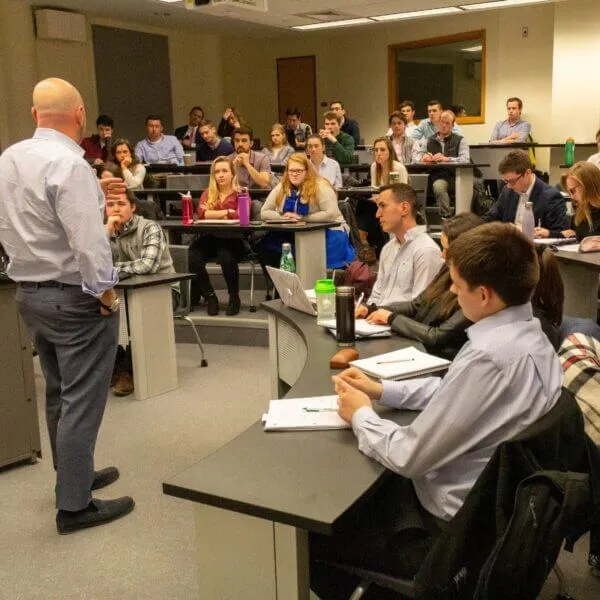The principle objective of UVM's Code of Academic Integrity is to promote an intellectual climate and support the academic integrity of the University.
What is Violation of Academic Integrity?
Academic integrity is an essential part of learning at UVM. Thus faculty, staff, and students are expected to conduct themselves in an ethical way while at the University and abide by the expectations written in Our Common Ground.
Violations of the Code of Academic Integrity are any acts which would have the effect of unfairly promoting or enhancing one's academic standing within the entire community of learners. Such acts are serious offenses and will not be tolerated. Suspected violations of the Code will be forwarded to the Center for Student Conduct.
If you have been notified of an alleged academic integrity violation
Types of Violations
Academic Integrity Research and Resources
Tools and Services
Body
- The International Center for Academic Integrity (ICAI) "was founded to combat cheating, plagiarism, and academic dishonesty in higher education. Its mission has since expanded to include the cultivation of cultures of integrity in academic communities throughout the world."
- The Online Writing Lab (OWL) "at Purdue University houses writing resources and instructional material, and we provide these as a free service of the Writing Lab at Purdue. Students, members of the community, and users worldwide will find information to assist with many writing projects."
- "Guide to Advising International Students about Academic Integrity"; working with international students regarding academic integrity
Research
Body
- Academic Integrity and International Students (PDF); research on working with international students and academic integrity in the USA
In the News
Body
- "Harvard Cheating Scandal Points Out the Ambiguities of Collaboration" Article discussing a cheating scandal at Harvard University "where 125 students are suspected of cheating on a take-home exam" from The Chronicle of Higher Education from September 5, 2012.
- "Cheating to Learn: How a UCLA professor gamed a game theory midterm"; a professor's take on working with academic integrity in a little different way.
- "The New Plagiarism: Seven Antidotes to Prevent Highway Robbery in an Electronic Age"; by Jamie McKenzie is an article that appeared in From Now On: the Educational Technology Journal. It explains some additional ways to prevent plagiarism.
Academic Integrity and Restorative Justice
Body
- "Not with a Bang but a Whimper: A Missed Opportunity for Restorative Justice in a Plagiarism Case (PDF)" An article from the Association for Student Conduct, Journal of Student Conduct Administration, 2009, Vol. 2, no.1 about how restorative justice and academic integrity might work together. Addresses a young author's new book and a concern for plagiarism.
